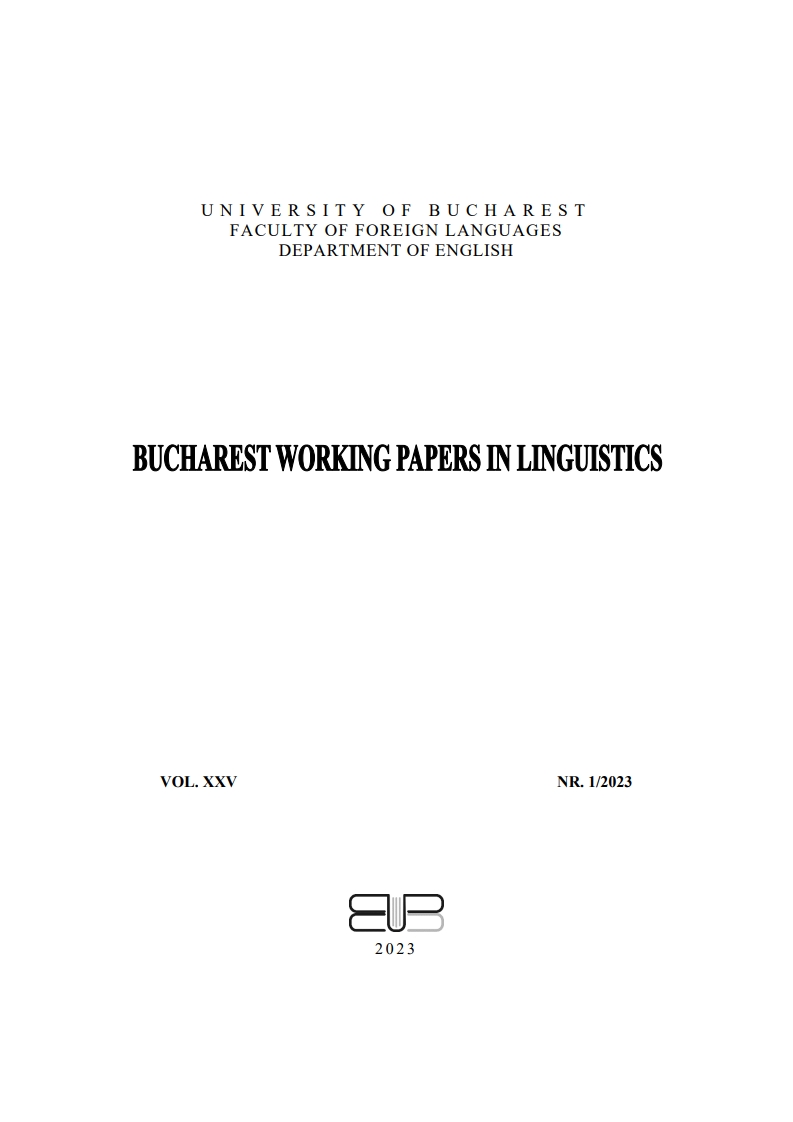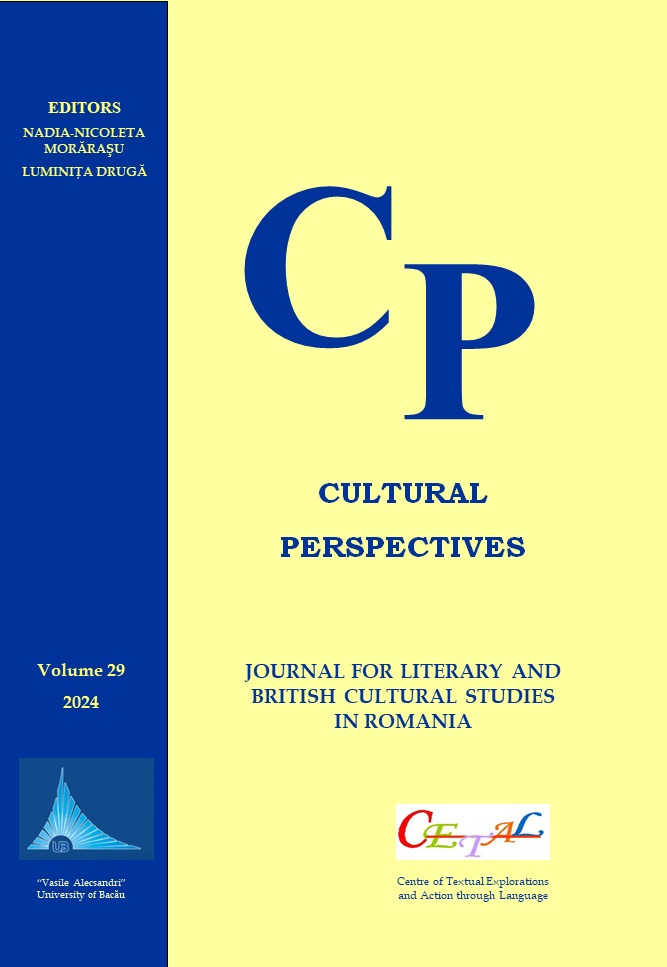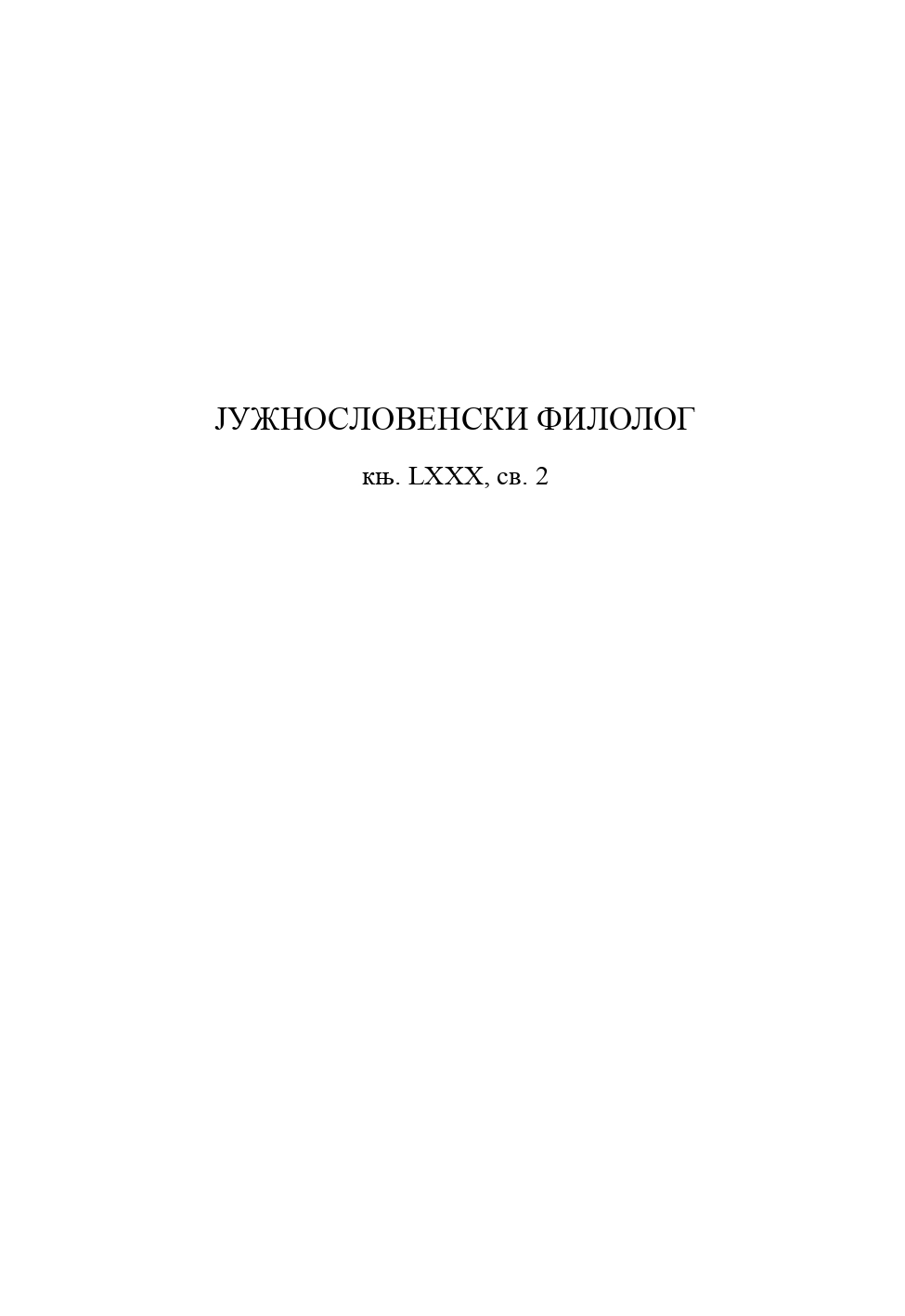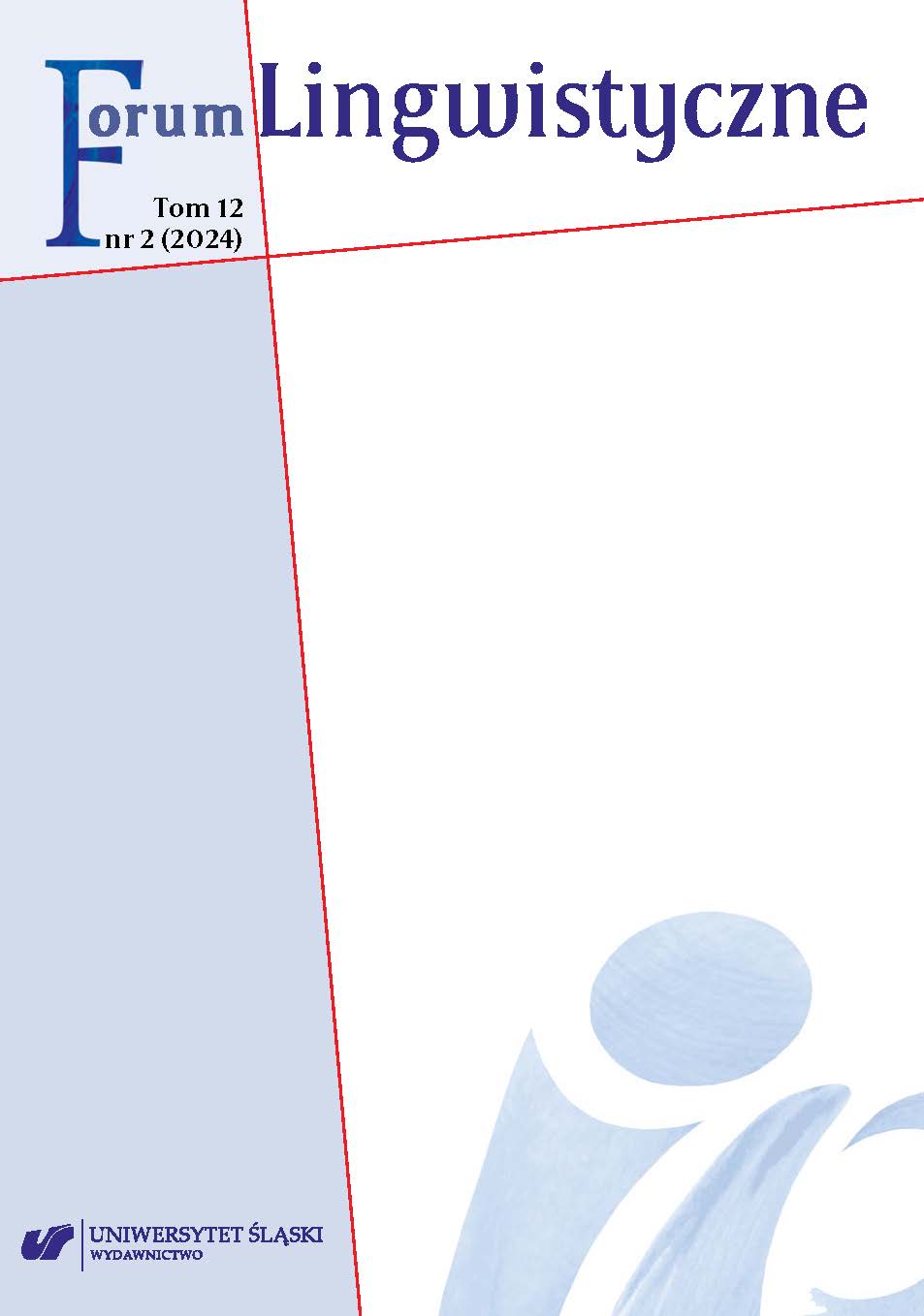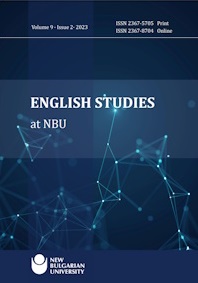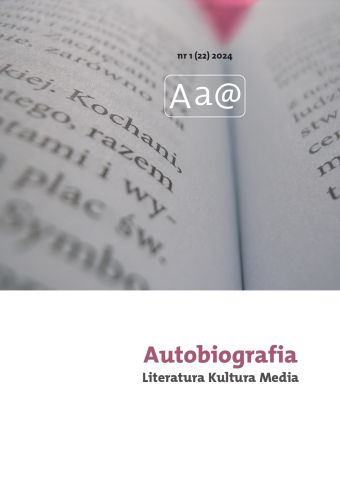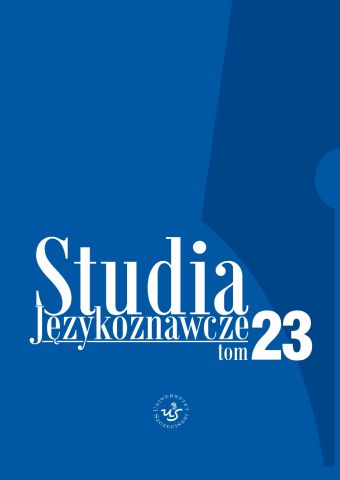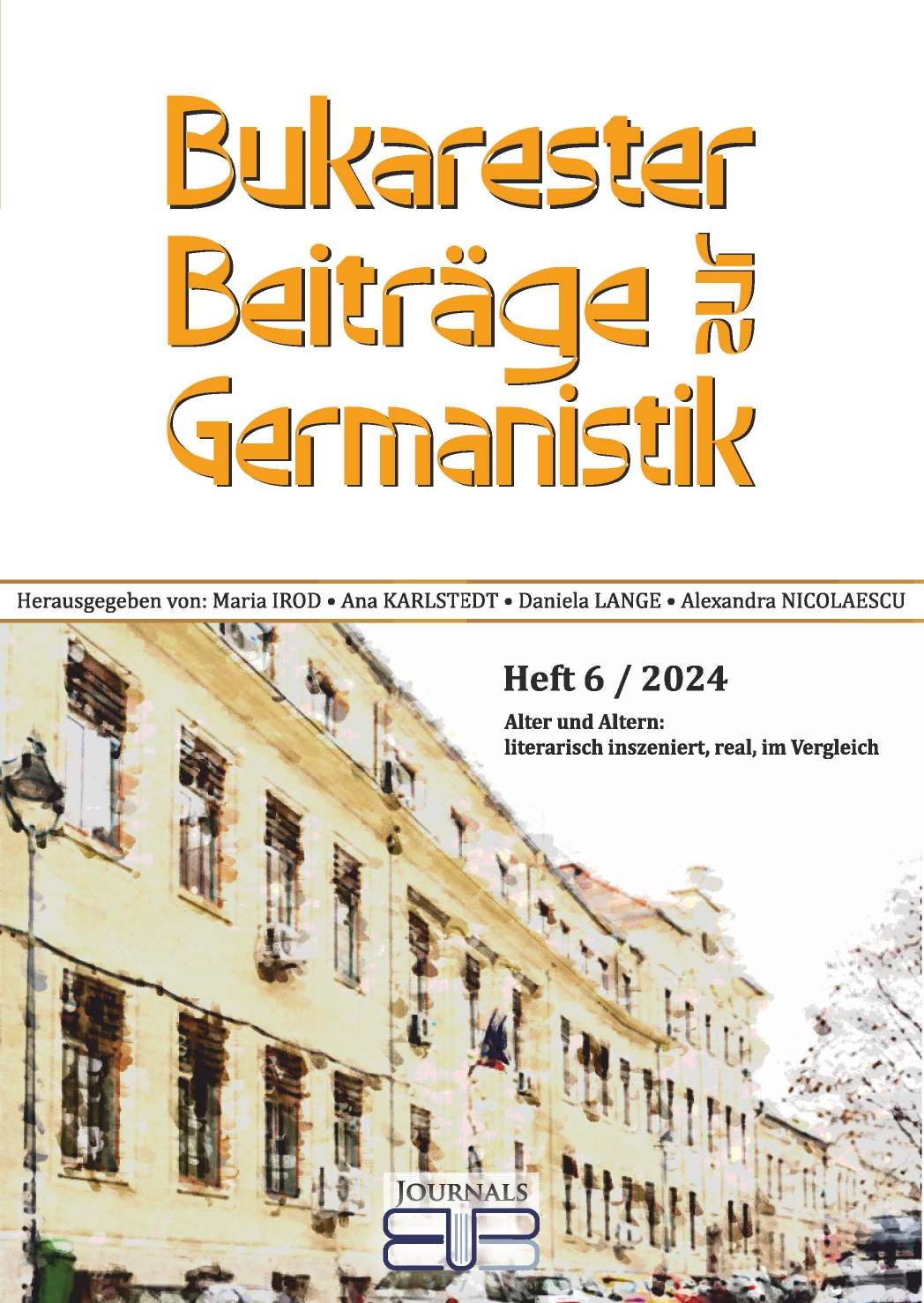
„Ich küsse deine Augen, Oma!“ – Wertschätzung im Alter. Ein didaktischer Streifzug aus interkultureller Perspektive
Understanding social reality as well as political developments and contexts is not only an important part of our participatory life, but also one of the main tasks of teachers in language integration work. This fundamentally involves juxtaposing the familiar and the target culture, which often becomes a topic in the classroom. These confrontations are closely accompanied by ideas and feelings of belonging and attachment as well as perceived foreignness and otherness. The relationships between the generations and the connections to one’s own family play an important role here, especially as they are characterized by emotionality. The article will therefore analyze how the position of older members of the family and society is presented in the textbooks for integration courses, with respect to both the linguistic and intercultural embedding. Based on the existing offer, ideas for supplementary materials will be developed and presented as examples. Particular attention is paid here to a constructive approach, which primarily looks for connecting. The emphasis is deliberately not placed on the differences, as is the case with the prevailing conception, but a narration of the points of contact is sought.
More...

